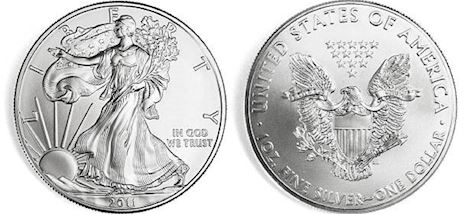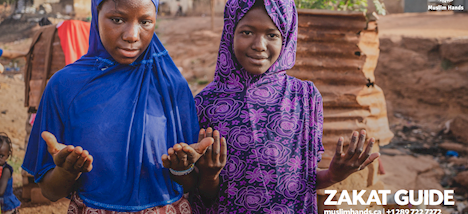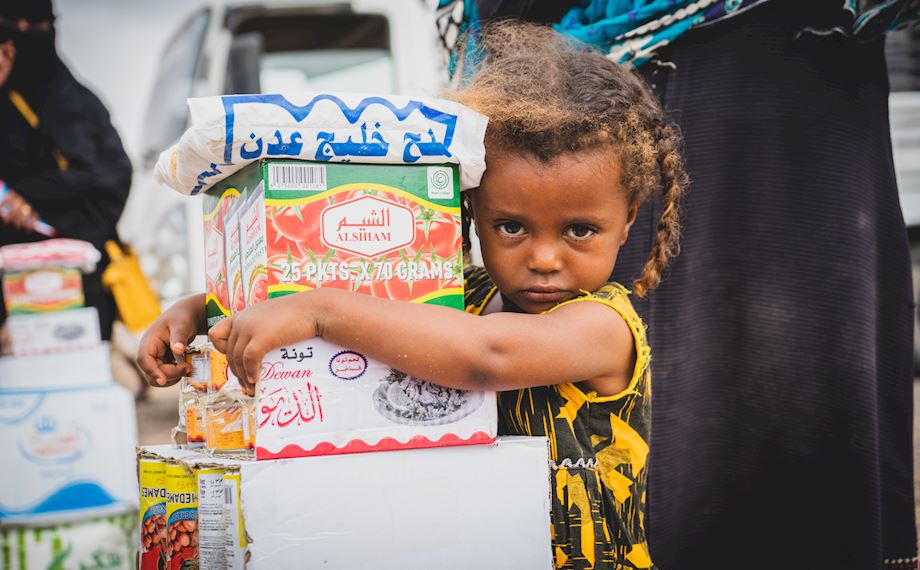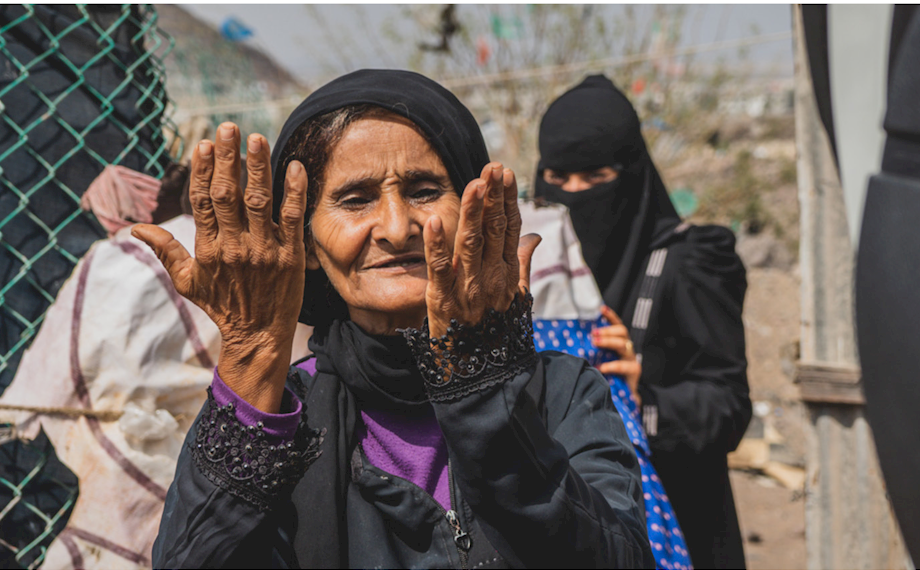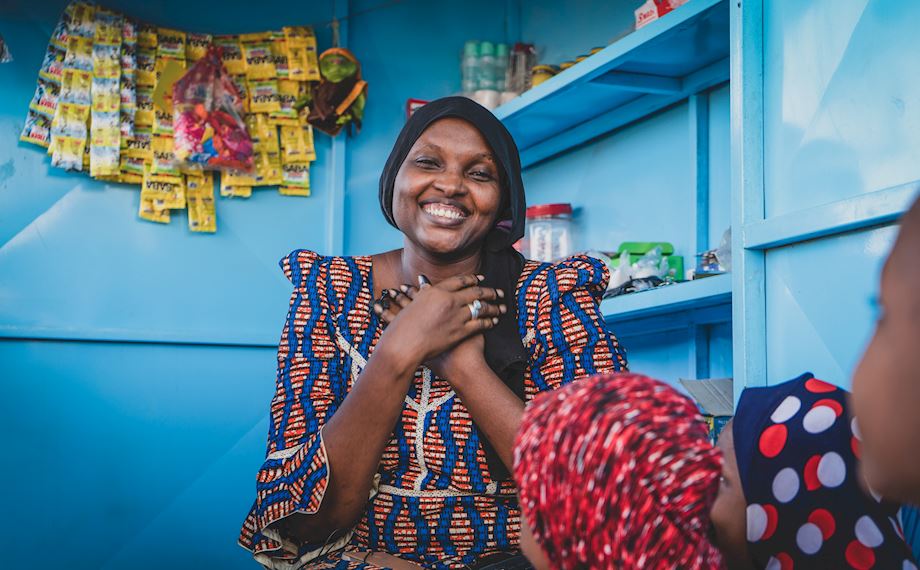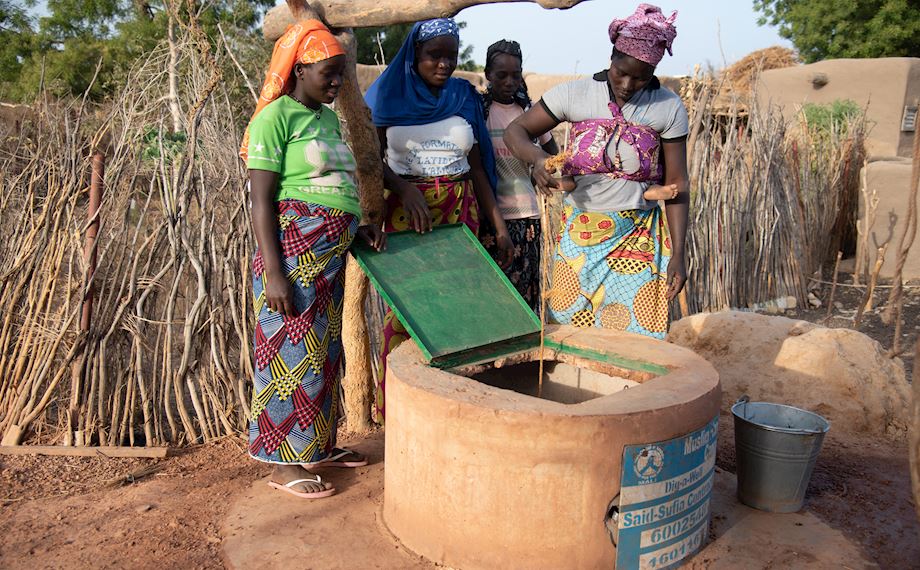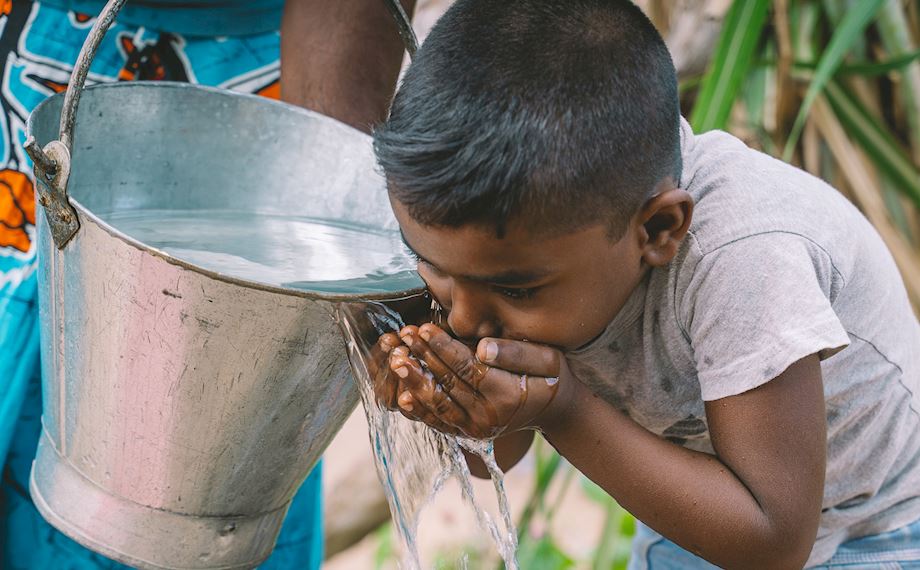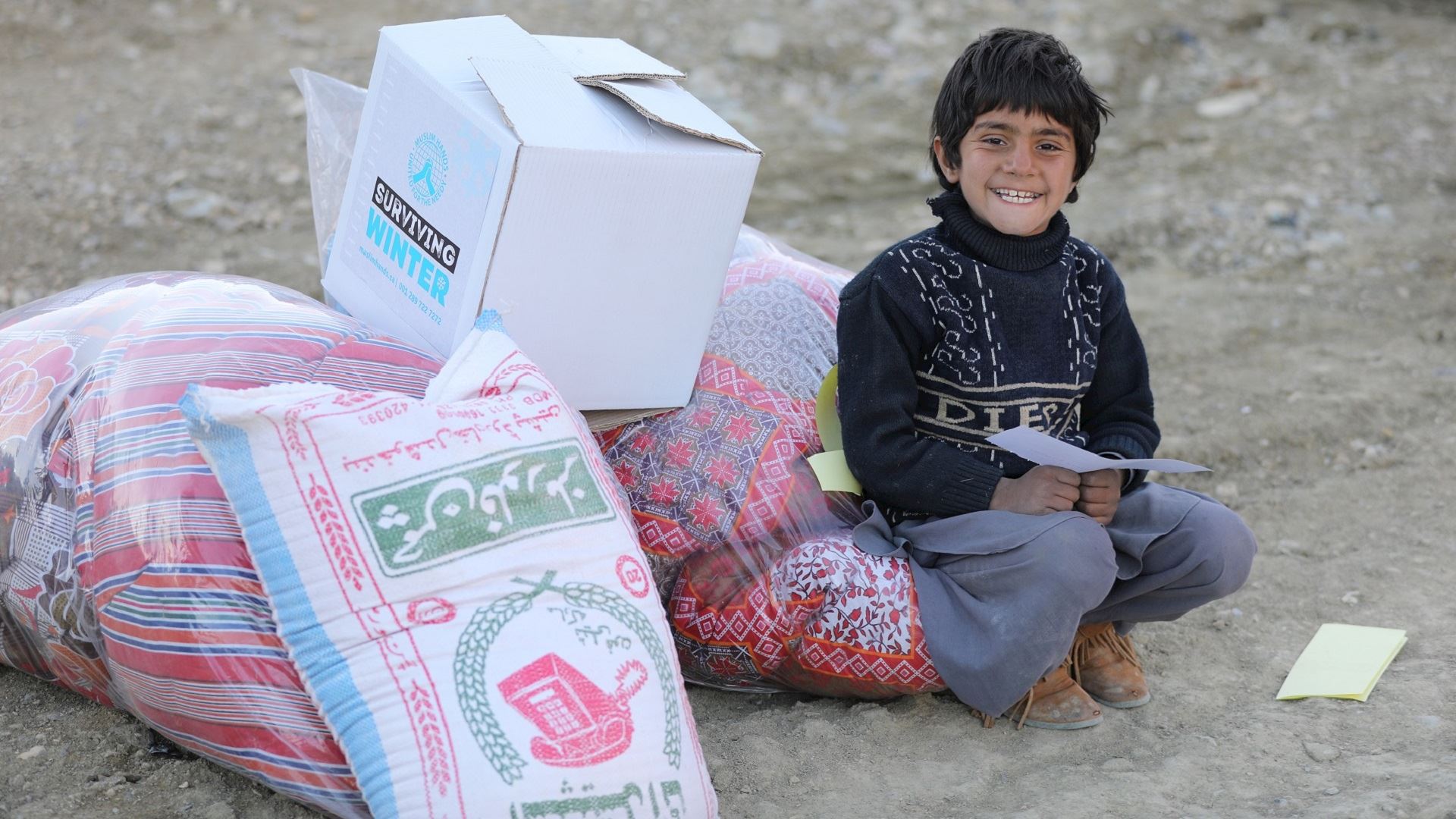
Zakat
The third pillar
Scroll Page
The nisab is the minimum value of wealth one must possess in order to pay Zakat. It is defined as the value of 87.5g of pure gold or 625g silver. Most scholars favour the lower value as it means that more people can pay Zakat and therefore there are more beneficiaries.
$7,498
(87.48g)
$588
(612.36g)
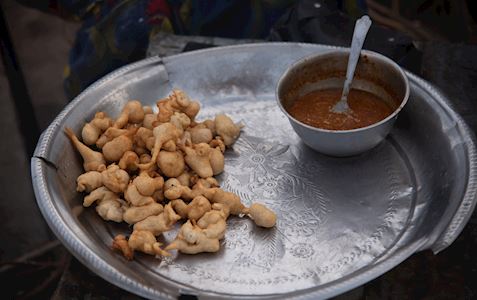
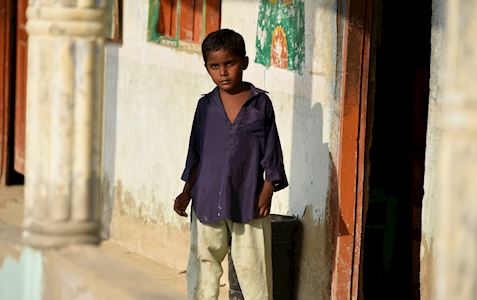
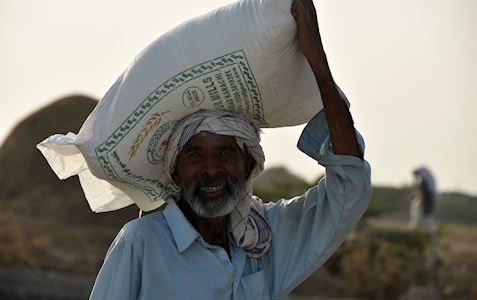
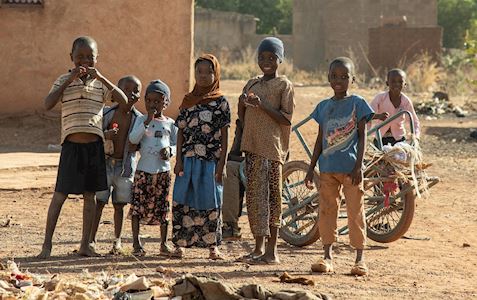
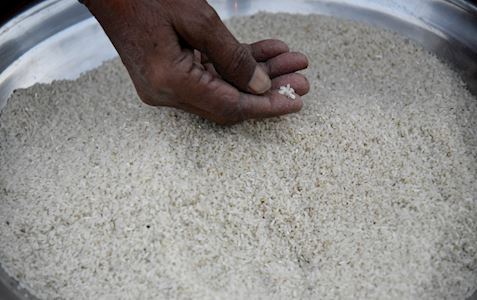
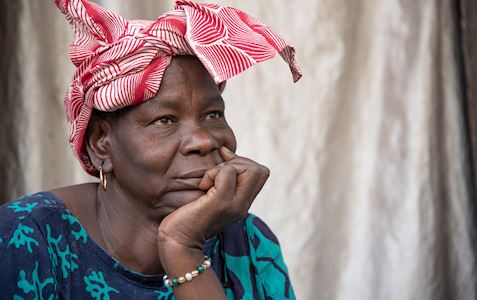
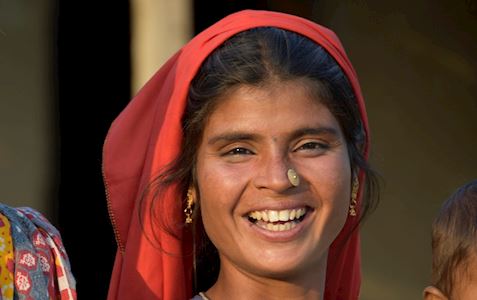
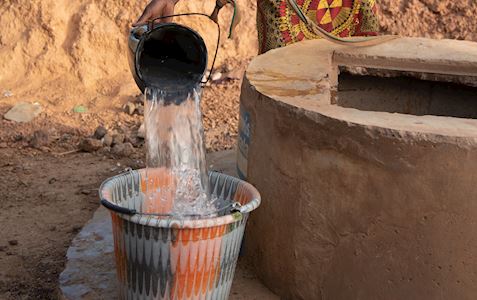

How We Spend Your Zakat Donations
Most of the work we carry out at Muslim Hands is Zakat eligible. As well as distributing food and water to those most in need, we carry out long-term projects across the four countries where we operate. This includes the provision of healthcare, access to education and livelihoods support for the most deprived communities in the world.
ZakatOur Zakat Service
Frequently Asked Questions
A. Every person who is sane, an adult (reached
puberty), Muslim and sahib-un-nisab must pay
Zakat as a duty.
To be a sahib-un-nisab means
you possess more wealth than the level of nisab for a period of one lunar year or more.
A. Gold and silver, including ornaments or
jewellery containing gold and/or silver
Cash held at home or in bank accounts
Stocks and shares owned directly or through
investment funds
Money lent to others
Business stock in trade and merchandise
Agricultural produce
Livestock animals such as cows, buffaloes,
goats, sheep and camels
Produce of mines
Pensions
Property owned for investment purposes
A. You can pay your Zakat at any time, but many people chose to do so during the month Of Ramadan when the reward for our good deeds is multiplied and it is easier to calculate the lunar year.
A. Yes you can. Simply calculate your Zakat payments, divide this by 12 and set up a regular gift, specifying Zakat as the type of donation.
A. For more information on our donation policy please see our 'How Your Money is Spent' page.
Zakat Projects

Muslim Hands is an international aid agency and NGO working worldwide to help those affected by natural disasters, conflict and poverty. Muslim Hands USA is a 501 (c)(3) nonprofit organization (No. 27-4155655).




